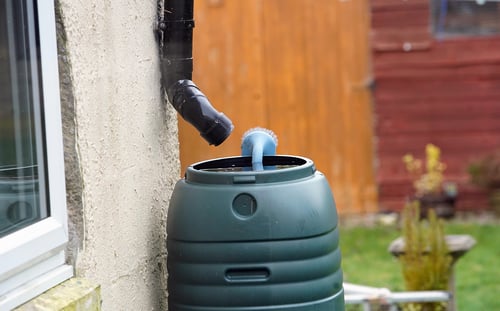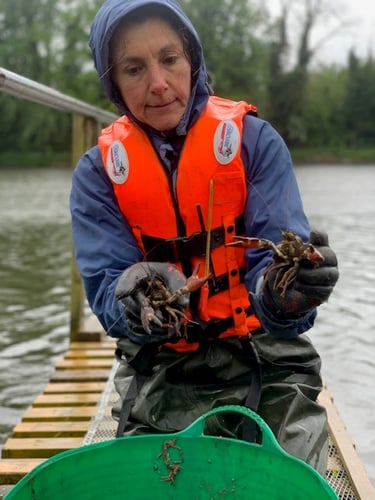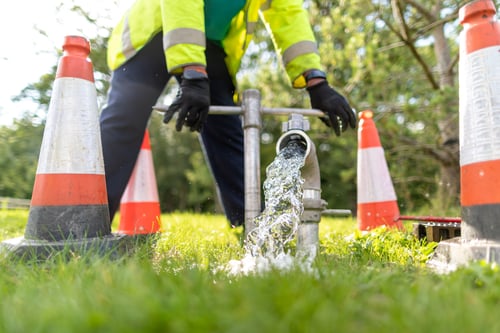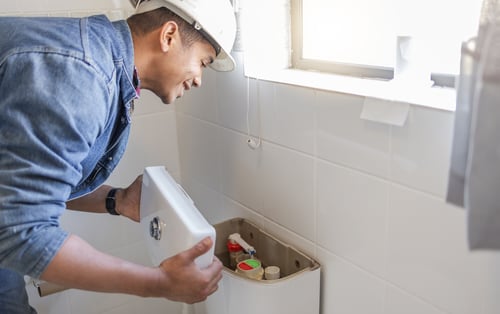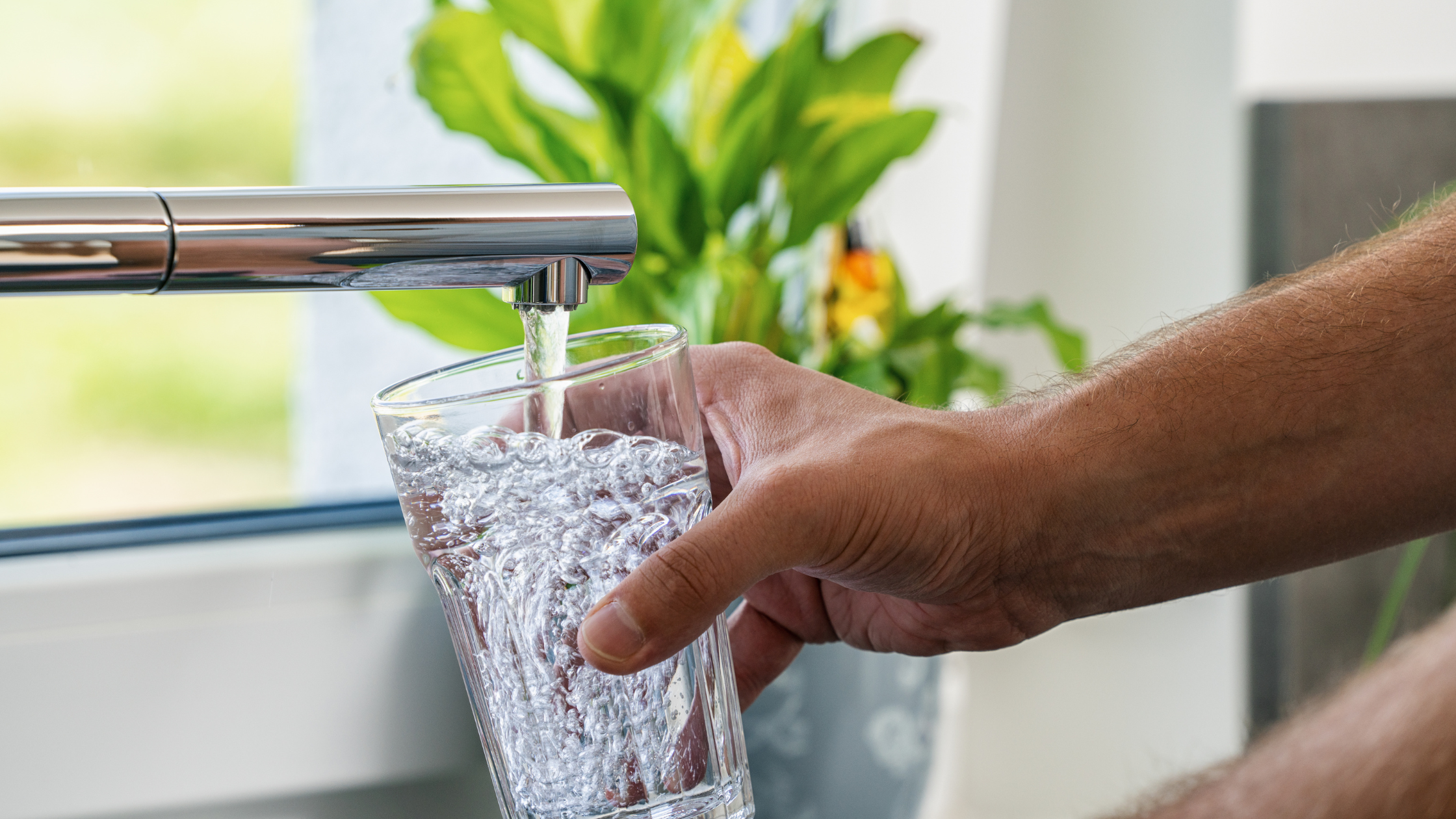
When lots of people in the same area have a shower to cool off, fill up their paddling pools or use their garden hose, it can affect water pressure. Increased demand combined with high temperatures puts pressure on the pipe network, meaning that in peak times, your water pressure may dip - and during periods of extreme heat, bursts are much more likely to occur as the network comes under strain.
As summer gets into full swing and we experience long, hot days, please consider your water use and if it’s essential. For instance, it’s essential that we all keep hydrated, but there are other ways that we can stay nice and cool without filling up a large pool, such as seeking shade or taking a break from the sun by sitting inside.
If you or your kids have been in a paddling pool or the bath, reuse that water to hydrate your plants or water your lawn. The plants won’t know the difference but your water bill will.
By being savvy with your water use during warm spells, you’ll save money on your water bill using smaller quantities. Considered water usage also helps to reduce the frequency of burst water pipes and uses less water from our local rivers and lakes.
Find out more about how we manage water pressure and what to do if you noticed a change.
Why does my water look or taste different?
To keep everyone in water during periods of high demand, we often make changes within our network of pipes. We might temporarily redirect your water supply so that it comes from a different treatment works or reservoir than usual.
All of the water in our supply area is classed as hard or very hard, but you may notice slight changes in how your water tastes depending on where it's been sourced.
We add a small amount of chlorine to your water in the final stages of treatment. If your water is being supplied from a nearby treatment works during a period of high demand, the water travels to you quickly, and there is less time for the chlorine to evaporate, which can lead to a slightly stronger taste.
Filling a jug with water and leaving it in the fridge will lessen the taste, and it’s also a great way to save water as you don't need to run the tap to wait for the water to cool down.
